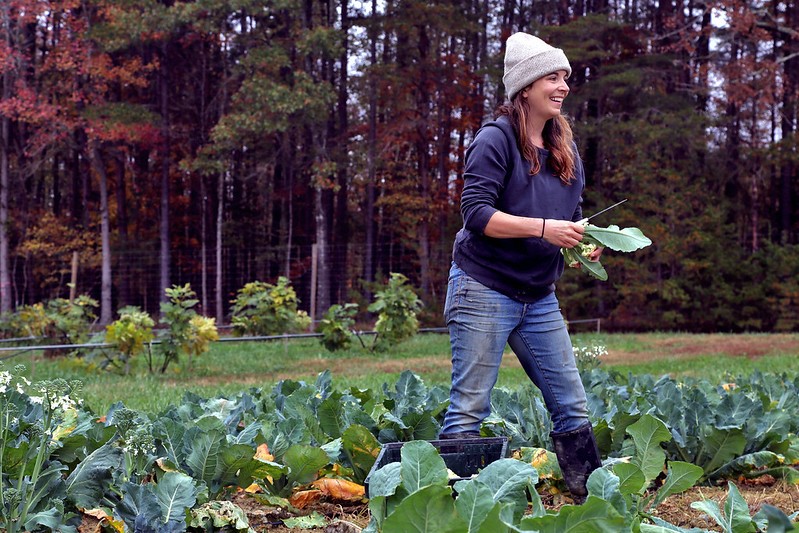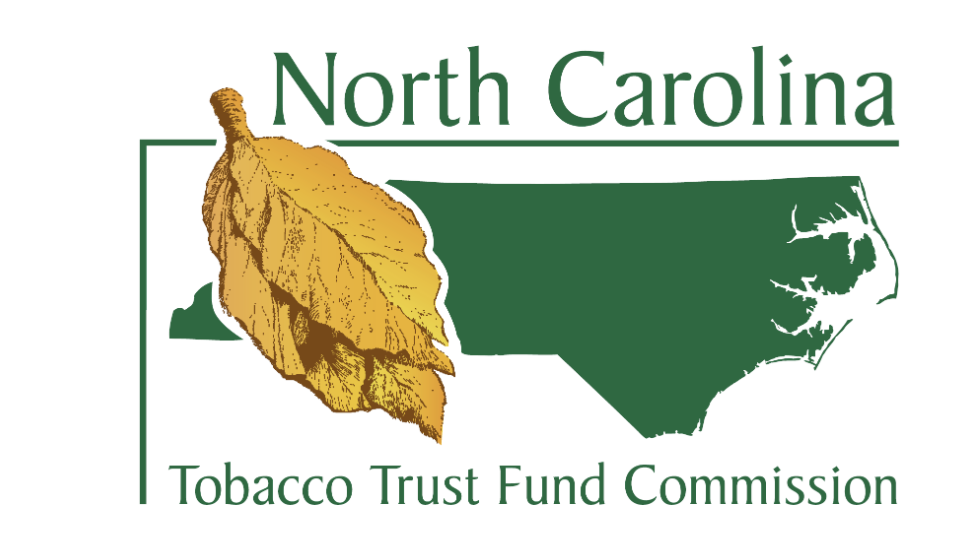N.C. Cooperative Extension Land Summit Series
go.ncsu.edu/readext?709661
en Español / em Português
El inglés es el idioma de control de esta página. En la medida en que haya algún conflicto entre la traducción al inglés y la traducción, el inglés prevalece.
Al hacer clic en el enlace de traducción se activa un servicio de traducción gratuito para convertir la página al español. Al igual que con cualquier traducción por Internet, la conversión no es sensible al contexto y puede que no traduzca el texto en su significado original. NC State Extension no garantiza la exactitud del texto traducido. Por favor, tenga en cuenta que algunas aplicaciones y/o servicios pueden no funcionar como se espera cuando se traducen.
Português
Inglês é o idioma de controle desta página. Na medida que haja algum conflito entre o texto original em Inglês e a tradução, o Inglês prevalece.
Ao clicar no link de tradução, um serviço gratuito de tradução será ativado para converter a página para o Português. Como em qualquer tradução pela internet, a conversão não é sensivel ao contexto e pode não ocorrer a tradução para o significado orginal. O serviço de Extensão da Carolina do Norte (NC State Extension) não garante a exatidão do texto traduzido. Por favor, observe que algumas funções ou serviços podem não funcionar como esperado após a tradução.
English
English is the controlling language of this page. To the extent there is any conflict between the English text and the translation, English controls.
Clicking on the translation link activates a free translation service to convert the page to Spanish. As with any Internet translation, the conversion is not context-sensitive and may not translate the text to its original meaning. NC State Extension does not guarantee the accuracy of the translated text. Please note that some applications and/or services may not function as expected when translated.
Collapse ▲With all of the changes in land ownership occurring across the state there are many impacts to people who own farm and forest land or who may purchase or inherit undeveloped property. The County Land Summit Workshop Series is a three-part series to educate landowning and farming constituents on matters that affect their land use. It is intended to help both existing and potential land owners become more familiar with the legal, business, and regulatory concerns that go hand in hand with owning a farm and forestland. This material was piloted in 2019 and updated in 2020. The three workshops focus on (1) County Land Regulations; (2) Protecting Your Farm and Forestland; and (3) the Business of Agriculture.
A County Land Summit Planning Guide as well as resource sheets for each workshop were developed and are shared on the Local Food Portal as a resource for agents on how to plan and host a county land summit series.
This program is supported in part by The North Carolina Tobacco Trust Fund Commission (TTFC) (Grant award 2019-001-16).
The first workshop highlights county-specific resources, including moderated presentations by county planning staff on planning efforts and local ag and environmental policies, regulations, and ordinances as well as a discussion of easements, rights of way, and eminent domain by representatives from local utility companies.
Workshop 2 focuses on landowner opportunities and rights and should include a moderated panel of experts who will speak about present use value taxation, voluntary ag districts, forest management practices, and conservation easements.
Workshop 3 looks at the human capital of the business of agriculture by examining different legal structures, leasing arrangements, employment and labor law issues, other custom topics of interest, and FarmLink technology, connecting landowners with prospective farmers.




